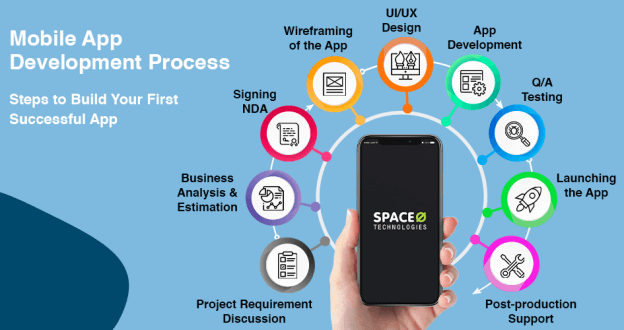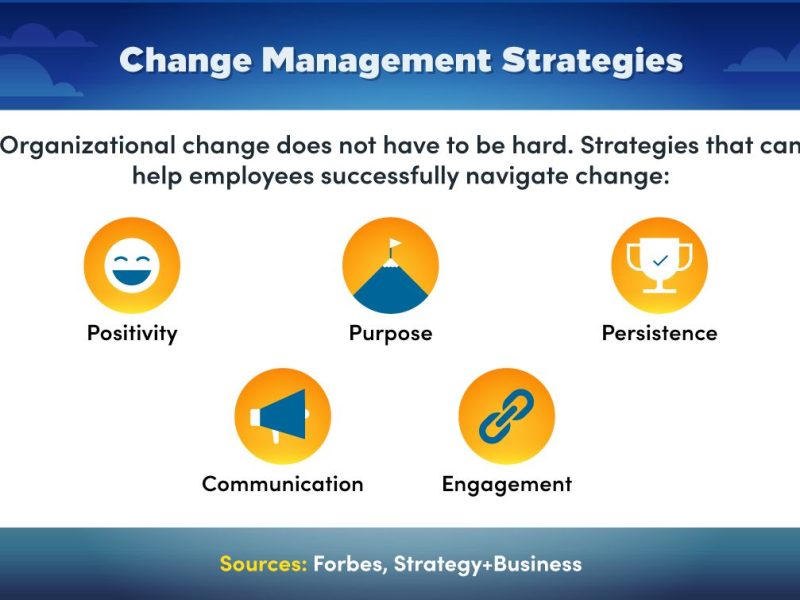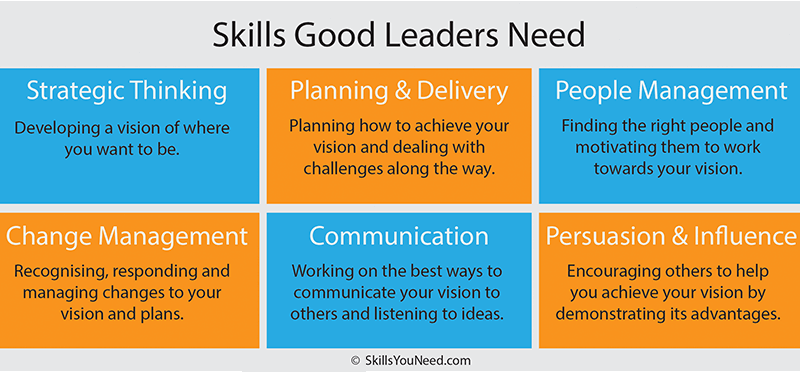As technology continues to advance, the demand for mobile apps is higher than ever. With millions of apps available in the app stores, it can be challenging to build a successful app that stands out from the competition. In this article, we will discuss some key tips for developing a successful mobile app.
1. Define Your Purpose and Target Audience
Before you start developing your app, it is essential to define its purpose and target audience. What problem does your app solve? Who is your target audience? Understanding these key aspects will help you tailor your app to meet the needs of your users.
2. User Experience is Key
User experience (UX) plays a significant role in the success of a mobile app. Make sure your app is user-friendly, intuitive, and visually appealing. Conduct usability tests to gather feedback from real users and make necessary improvements.
3. Focus on Performance and Speed
No one likes a slow and laggy app. Ensure your app performs well and loads quickly on all devices. Optimize your app’s code, use efficient algorithms, and minimize unnecessary features that can slow down your app’s performance.
4. Keep Security a Top Priority
Security is a crucial aspect of mobile app development. Protect your users’ data by implementing robust security measures, such as data encryption, secure authentication, and regular security updates. Make sure your app complies with industry standards and regulations.
5. Test, Test, and Test Again
Thorough testing is vital to ensure your app works as intended. Perform various tests, including functional testing, usability testing, and compatibility testing, on different devices and operating systems. Fix any bugs or issues before launching your app.
6. Regular Updates and Maintenance
Once your app is live, don’t just sit back and relax. Regularly update your app with new features, bug fixes, and security patches to keep it relevant and secure. Listen to user feedback and make improvements based on their suggestions.
7. Utilize Analytics and User Feedback
Use analytics tools to track user interactions, app performance, and user demographics. Analyze this data to gain insights into how users are interacting with your app and make data-driven decisions to improve user engagement and retention. Encourage users to provide feedback and listen to their suggestions.
Conclusion
Building a successful mobile app requires careful planning, attention to detail, and a focus on user experience. By following these key tips, you can develop a high-quality app that meets the needs of your target audience and stands out in the crowded app market. Keep learning, adapting, and innovating to stay ahead of the competition and deliver a top-notch app experience to your users.


